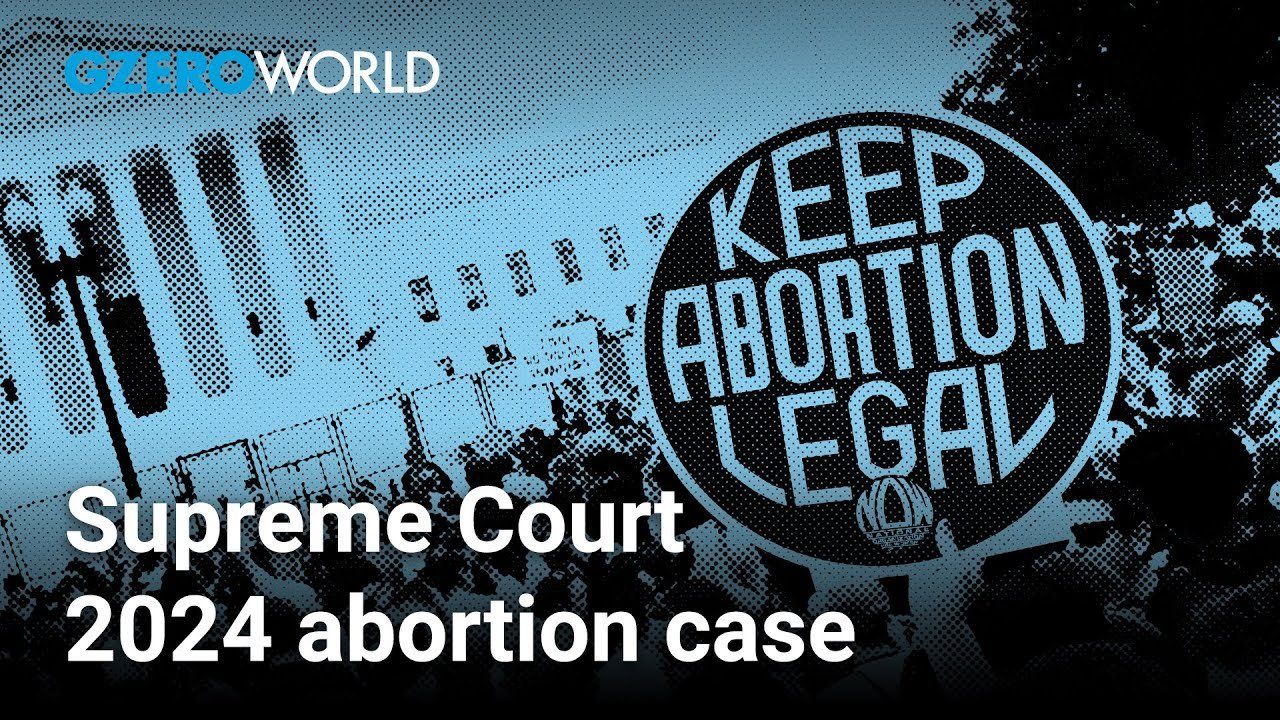
“The [abortion pill case] affects women across the country, it’s not state by state,” Bazelon stresses, “It’s the FDA’s authority to allow pills to be shipped everywhere and other rules that have made abortion pills more accessible for women in blue as well as red states.”
A group of doctors is challenging the Food and Drug Administration's authority to allow doctors to prescribe abortion pills without an in-person visit with a patient and for those pills to be sent through the mail. Bazelon explains that this group of plaintiffs is unusual in that they haven’t yet experienced direct harm from the FDA’s ruling, which you usually need to prove has happened before a case makes it all the way up to the highest court in the land. Four female justices are also on the bench this year, a historic high-water mark. Could that make a difference in the way justices rule on either case?
Catch GZERO World with Ian Bremmer every week on US public television (check local listings) and online.
- Podcast: (Un)packing the Supreme Court with Yale Law's Emily Bazelon ›
- Who polices the Supreme Court? ›
- Abortion in Florida: banned and on the ballot ›
- The Graphic Truth: Abortion laws around the world ›
- Why do Americans get so worked up about abortion? ›
- Should we rethink the global aging crisis? - GZERO Media ›